
Whatare Wisdom Teeth?
Wisdomteeth were originally given that name due to the fact they emerge at a time of life called the 'dawn of wisdom',typically during the late teens or early twenties. Technically, theyare called 'third molars', molars being the large teeth towards theback of the mouth that do most of the chewing during eating. Theseteeth tend to cause two main problems: impacted wisdom teeth (wherethose molars do not entirely grow out through the gums and cause theother molars to grow out of alignment), or they simply becomemisaligned themselves, causing jaw and gum pain. Regular dentalchecks are important not only in maintaining your health, but inpreventing or anticipating these two problems.
RemovingWisdom Teeth
Extractionof third molars is a common practice that is recommended to mostpeople due to the nature of the mostly irregular eruption of theteeth, even though the procedure to remove them is relativelycomplicated. The complications occur because the operation causesmore pain afterwards than is experienced in the removal of otherteeth. Anaesthesia is introduced intravenously to the patient,numbing the tongue, gums and the muscles on that half of the jaw.Once the anaesthesia has fully taken over, the wisdom teeth areremoved by force, since there is no more gentle manner to completethe procedure. The patient then bites down on a bit of cotton that isplaced where the tooth was in order to staunch the bleeding.
ImportantInformation
1) Theanaesthesia will completely fade after 12 hours, after which thepatient is likely to experience pain. Excessive talking or chewing isnot recommended, as this can increase the pain in the jaw due to themovement.
2)Bleeding will continue after the procedure, and it is recommended tonot remove the cotton or to replace the cotton to ensure that thebleeding is halted.
3)Eating and drinking warm or hot foods or drinks is not advised for atleast 48 hours after the operation.
4) Inorder to allow the blood from the wound left by the tooth to clot, donot gargle or spit for at least 24 hours after the extraction.
5) Usepain relief medication prescribed by the dentist or orthodontist.
Theremoval of wisdom teeth can be quite painful, but is much morebearable than to live with the constant pain the teeth causes in thefirst place. Following the above steps and recommendations will helpthe process to complete without further problems.



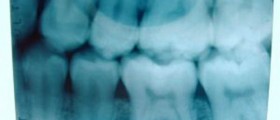



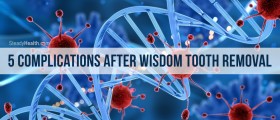



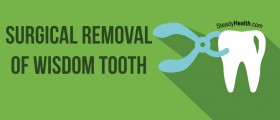
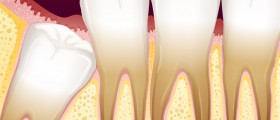

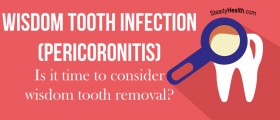

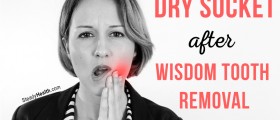
Your thoughts on this
Loading...